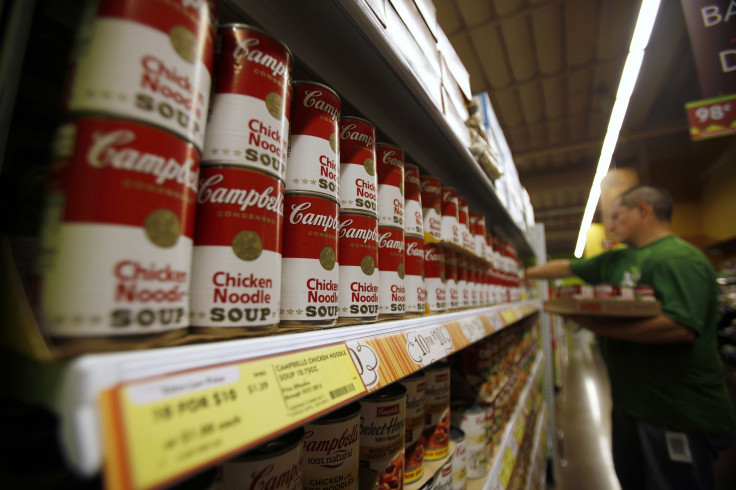Video Debunks Chemicals In Food Concerns As Campbell's, Other Brands Aim For Transparency

We often have a knee-jerk reaction to the idea of chemicals in food. Chemicals -- along with processing and genetic modification -- don’t belong in food, many people believe. So big food companies like Campbell Soup and General Mills have been working to remove artificial ingredients from their products, and launching information campaigns to tell us about it.
But recently, AsapScience took conventional wisdom to task by breaking down exactly what's inside some of the foods we eat. For example, did you know that a banana -- yes, a banana -- contains more chemicals than a candy heart?
The point is that all foods can be broken down into chemicals, making marketing labels like "chemical free" and "all natural" almost meaningless. Even avoiding all "processed foods" doesn't work, a dietician tells the Huffington Post, because even healthful foods like yogurt are processed.
The video above comes at a time when shoppers are turning away from processed and packaged foods big-time, Fortune reported. Large food producers have lost a combined $4 billion in market share.
Campbell Soup recently launched a site to explain what’s in its products. Whatsinmyfood.com explains soup ingredients in plain English, and offers information about how its foods are made. Further, the company explains some of the scarier food terms, like "genetically modified organisms," and "high fructose corn syrup."
Drawing Back the Curtain: What’s In Our Food? http://t.co/NRx91evtkI pic.twitter.com/URpzaubqlF
— Campbell Soup Co (@CampbellSoupCo) July 22, 2015The move is an attempt to regain the trust of shoppers, Campbell Soup CEO Denise Morrison told the Street. Over the years, mistrust has grown as food producers have grown larger. ConAgra, for example, owns 29 food brands. And Campbell purchased organic challengers Bolthouse Farms and Plum Organics in recent years.
Shoppers, of course, have to weigh the pros and cons of any argument regarding food ingredients. So more transparency from food companies is always welcome.
© Copyright IBTimes 2025. All rights reserved.






















